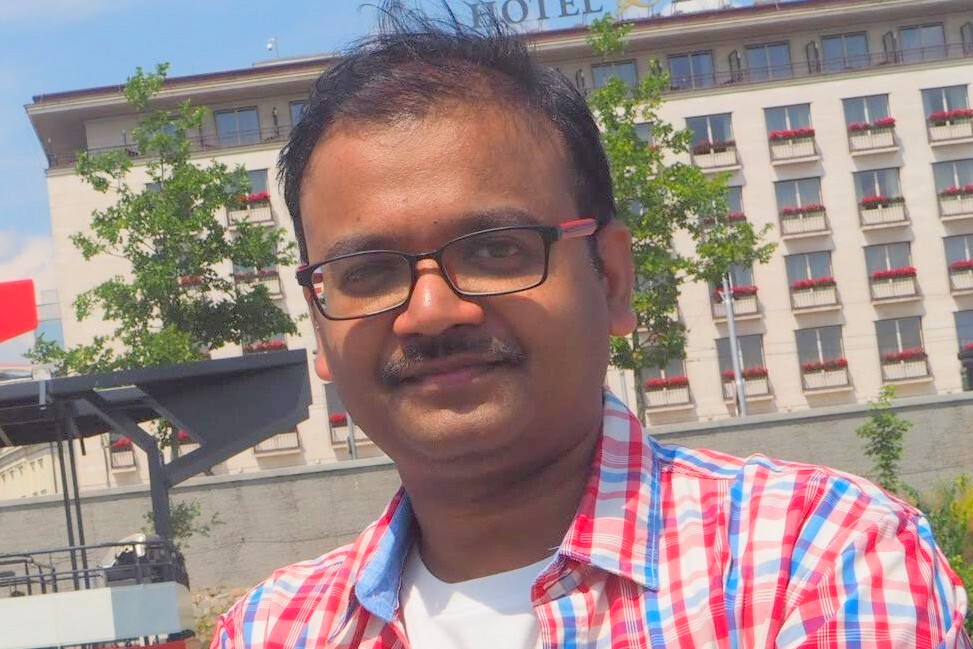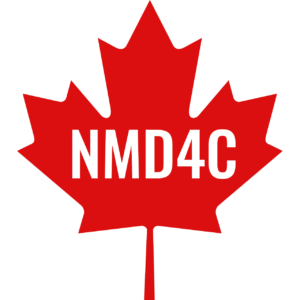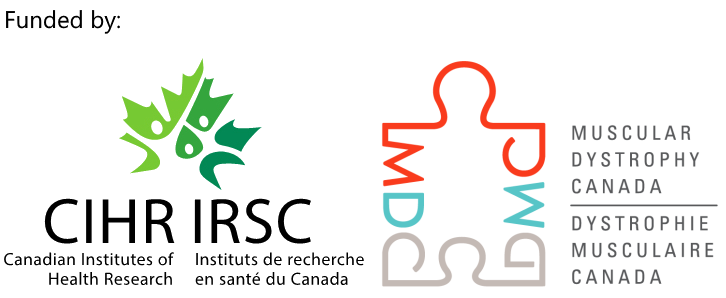Kiran Polavarapu

Research Interests: Inherited Neuromuscular diseases, Neurogenetics, Next generation sequencing (NGS) analysis, Neuromuscular junction disorders, Primary Muscle disorders, Muscular dystrophies, Congenital myopathies
Google Scholar profileLinkedIn profile
ORCiD profile
Twitter profile
Biography
Dr. Kiran Polavarapu completed his PhD in 2019 at the National Institute of Mental Health and Neurosciences (NIMHANS) in India. He is an M.B.B.S (Bachelor of Medicine and Bachelor of Surgery) graduate who shifted his focus to research in neuromuscular disorders and neurogenetics. His PhD work involved developing next generation sequencing (NGS)-based tests for detection of both copy number variations and point mutations in Duchenne Muscular Dystrophy. He further worked on analysing NGS data and genotype-phenotype correlations of various inherited neuromuscular disorders in India including Limb-Girdle Muscular Dystrophy, congenital myopathies, hereditary neuropathies, and Congenital Myasthenic Syndrome. He was part of a monthly neuromuscular disease specialty clinic run by Professor Atchayaram Nalini (neuromuscular specialist) at NIMHANS and was involved in clinical evaluation and genetic counselling of patients with inherited neuromuscular disorders. His research interest is in primary muscle disorders and neuromuscular genetics. He recently joined the Lochmüller Lab as a postdoctoral fellow and is looking forward to continuing research in neuromuscular genetics and Congenital Myasthenic Syndrome.
Recent Publications
Ferreira, T, Polavarapu, K, Olimpio, C, Paramonov, I, Lochmüller, H, Horvath, R et al.. Variants in mitochondrial disease genes are common causes of inherited peripheral neuropathies. J Neurol. 2024. PMID:38549004
Girija, MS, Menon, D, Polavarapu, K, Preethish-Kumar, V, Vengalil, S, Nashi, S et al.. Qualitative and Quantitative Electrocardiogram Parameters in a Large Cohort of Children with Duchenne Muscle Dystrophy in Comparison with Age-Matched Healthy Subjects: A Study from South India. Ann Indian Acad Neurol. 2024.27 (1)53-57 PMID:38495238
Chawla, T, Reddy, N, Jankar, R, Vengalil, S, Polavarapu, K, Arunachal, G et al.. Myotonic Dystrophy Type 1 (DM1): Clinical Characteristics and Disease Progression in a Large Cohort. Neurol India. 2024.72 (1)83-89 PMID:38443007
Baskar, D, Polavarapu, K, Preethish-Kumar, V, Vengalil, S, Nashi, S, Töpf, A et al.. Childhood-Onset Myopathy With Preserved Ambulation Caused by a Recurrent ADSSL1 Missense Variant. Neurol Genet. 2024.10 (1)e200122 PMID:38229919
Nishadham, V, Santhoshkumar, R, Nashi, S, Vengalil, S, Bardhan, M, Polavarapu, K et al.. A Novel Mutation in Frabin (FGD4) Causing a Mild Phenotype of CMT4H in an Indian Patient. J Neuromuscul Dis. 2024.11 (1)221-232 PMID:38108359
Vengalil, S, Pruthi, N, Bhat, D, Uppar, AM, Polavarapu, K, Preethish-Kumar, V et al.. Monomelic Amyotrophy/Hirayama Disease: Surgical Outcome in a Large Cohort of Indian Patients. World Neurosurg. 2024.183 e88-e97 PMID:38006932
Pugliese, A, Della Marina, A, de Paula Estephan, E, Zanoteli, E, Roos, A, Schara-Schmidt, U et al.. Mutations in PTPN11 could lead to a congenital myasthenic syndrome phenotype: a Noonan syndrome case series. J Neurol. 2024.271 (3)1331-1341 PMID:37923938
Polavarapu, K, Sunitha, B, Töpf, A, Preethish-Kumar, V, Thompson, R, Vengalil, S et al.. Clinical and genetic characterisation of a large Indian congenital myasthenic syndrome cohort. Brain. 2024.147 (1)281-296 PMID:37721175
Sanga, S, Chakraborty, S, Bardhan, M, Polavarapu, K, Kumar, VP, Bhattacharya, C et al.. Identification of a shared, common haplotype segregating with an SGCB c.544 T > G mutation in Indian patients affected with sarcoglycanopathy. Sci Rep. 2023.13 (1)15095 PMID:37699968
Baskar, D, Veeramani-Kumar, P, Polavarapu, K, Nashi, S, Vengalil, S, Menon, D et al.. Clinical spectrum, biochemical profile and disease progression of Kennedy disease in an Indian cohort. Intern Med J. 2024.54 (3)455-460 PMID:37578398
See more on PubMed
